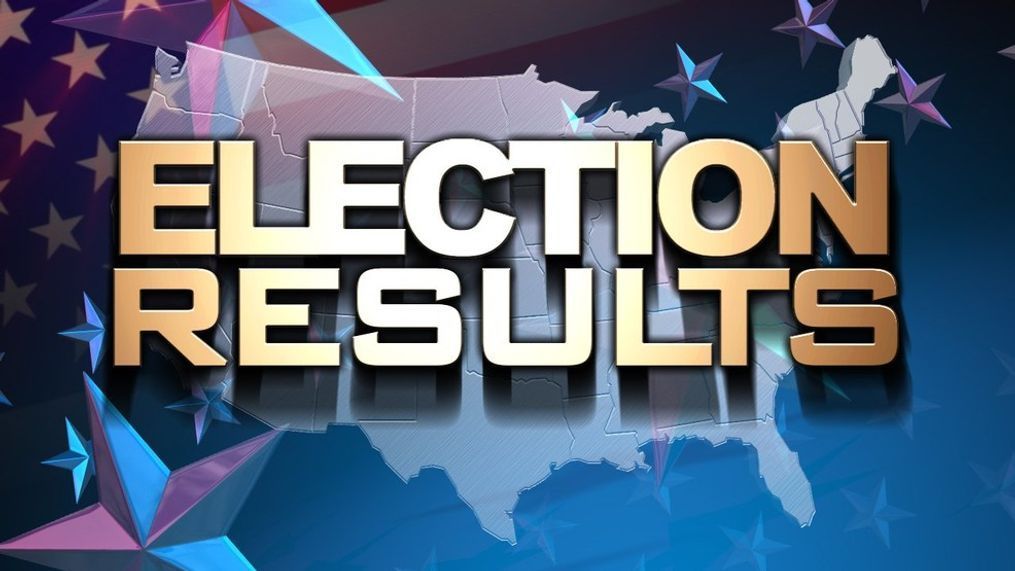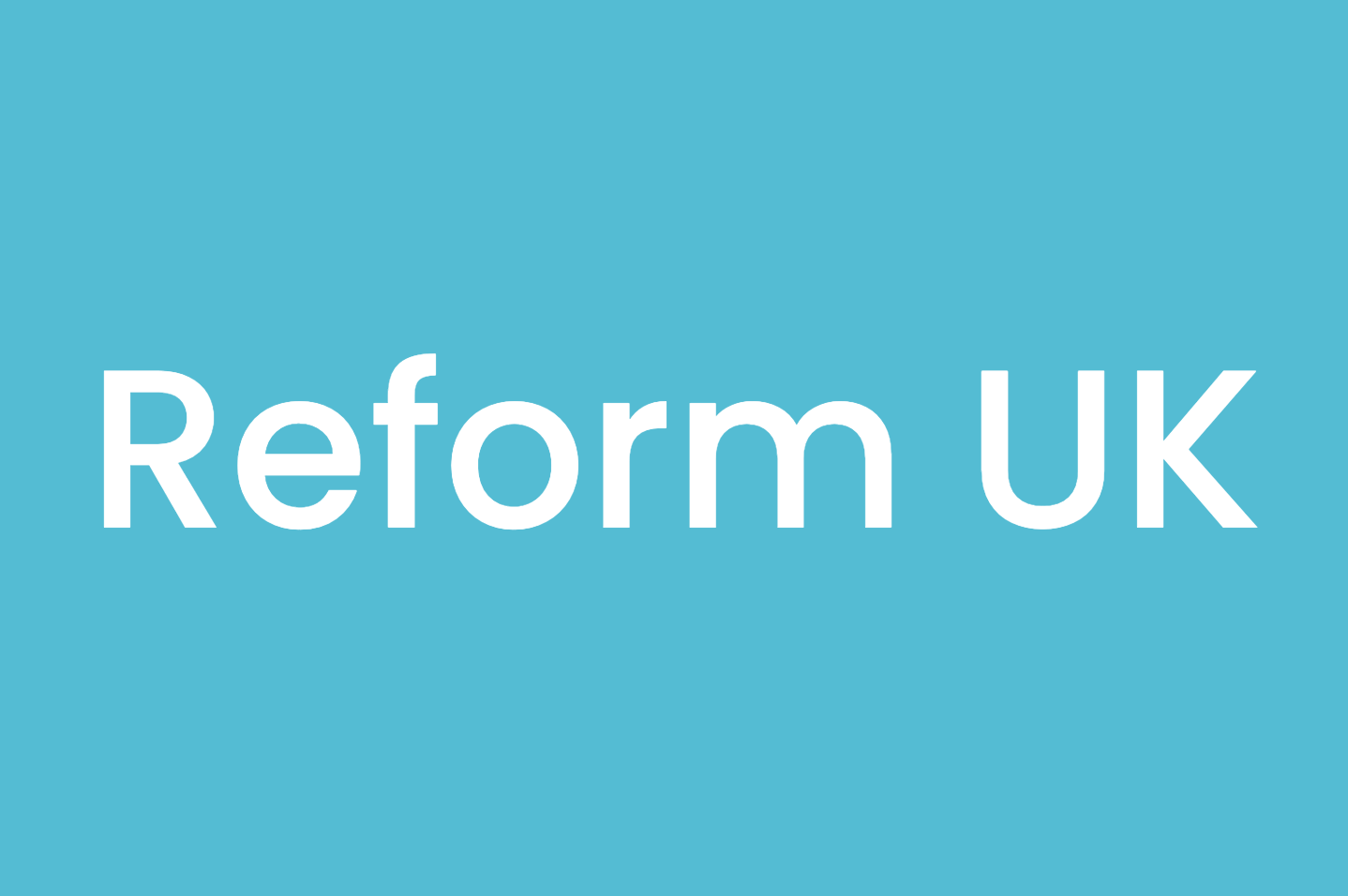Survey Shows 93% Trust In South Carolina's Election Process

Table of Contents
Methodology of the South Carolina Election Trust Survey
Understanding the methodology behind this significant finding is crucial to assessing its validity. The survey's robust design contributes to the credibility of the 93% trust figure.
Survey Participants and Sample Size
The survey encompassed a representative sample of 1,500 South Carolina residents, ensuring a diverse representation across key demographics. This included factors such as age, race, gender, geographic location, and political affiliation, aiming for a margin of error of +/- 2.5%. This large and diverse sample size increases the confidence in the survey's results and their applicability to the broader South Carolina population. The goal was to capture the opinions of a cross-section of the electorate, ensuring a robust and representative sample.
Question Design and Wording
Careful consideration went into crafting unbiased questions designed to accurately gauge trust levels without influencing responses. The questions avoided leading language and focused on specific aspects of the election process, such as voter registration, voting procedures, ballot counting, and election security. Pre-testing was conducted to refine question wording and ensure clarity. This meticulous approach minimized potential biases and ensured the questions accurately reflected respondents' genuine opinions.
Data Collection Methods
Data was collected through a combination of online surveys and telephone interviews, using established protocols for data security and integrity. To maintain data integrity, rigorous quality control measures were implemented throughout the data collection process. This involved regular checks for inconsistencies and verification of responses, to prevent inaccurate data from skewing the results. The diverse data collection methods helped reach a broader spectrum of the population.
Key Findings: What Drives High Trust in South Carolina Elections?
The survey's overwhelmingly positive results highlight several strengths within South Carolina's election system.
Factors Contributing to High Trust Levels
Several aspects of South Carolina's election process likely contribute to the high level of public trust. These include:
- Transparent processes: The state's commitment to transparency in election administration builds confidence among voters.
- Readily available information: Easily accessible information about voting procedures, polling locations, and election results fosters understanding and reduces uncertainty.
- Accessible polling places: The availability of convenient polling locations improves voter access and participation.
- Effective election security measures: Robust security measures implemented to protect the integrity of ballots and voting systems enhance voter confidence.
Comparison to National Trends
South Carolina's 93% trust rating significantly surpasses national averages. While national surveys have shown fluctuating levels of confidence, they generally fall considerably lower than South Carolina's impressive figure. This underscores the state's success in building and maintaining public trust in its elections. This positive comparison highlights South Carolina as a leader in ensuring election integrity and fostering voter confidence.
- High satisfaction with voting ease: A significant majority reported a positive experience with the ease of voting.
- Confidence in vote counting accuracy: Respondents demonstrated strong faith in the accuracy of vote counting procedures.
- Belief in secure ballot handling: The vast majority believed ballots were handled securely and protected from manipulation.
Addressing Remaining Concerns: The 7% Who Don't Trust the Process
While 93% is a remarkable achievement, the remaining 7% who lack trust warrant attention.
Understanding Dissenting Opinions
Further research is needed to fully understand the reasons behind the 7% who expressed distrust. Analyzing demographic data associated with these responses may reveal underlying concerns or systemic issues that need addressing. Qualitative data, such as open-ended survey responses, could provide valuable insights into specific anxieties and objections. Understanding these concerns is the first step towards fostering broader trust.
Improving Public Confidence
Several steps can be taken to further enhance public confidence and address remaining concerns:
-
Improved communication: Proactive and transparent communication about election procedures can alleviate anxieties and dispel misinformation.
-
Increased transparency: Continued efforts to make election processes even more transparent will bolster public trust.
-
Addressing specific concerns: Directly addressing concerns raised by those who distrust the system through open dialogue and clear explanations is essential.
-
Expand online voter registration access: Increasing accessibility to online voter registration will improve convenience and participation.
-
Improve accessibility for voters with disabilities: Ensuring equal access for all voters, regardless of physical limitations, is paramount.
-
Increase post-election audits: Regular and transparent post-election audits further reinforce the accuracy and integrity of the voting process.
Conclusion
The survey results demonstrate a high level of trust (93%) in South Carolina's election process, a significant achievement reflecting the state's commitment to fair and secure elections. Factors contributing to this positive outcome include transparent procedures, readily available information, accessible polling places, and robust security measures. While a small percentage (7%) express concerns, addressing these issues through improved communication, increased transparency, and proactive measures will further strengthen public confidence. Learn more about South Carolina's commitment to election integrity and exercise your right to vote! Your trust in the South Carolina election process is vital for a strong democracy.

Featured Posts
-
 Actress Priscilla Pointer Dead At 100 A Career In Review
May 02, 2025
Actress Priscilla Pointer Dead At 100 A Career In Review
May 02, 2025 -
 Six Nations Rugby 2024 Frances Victory England Defeats Wales Scotland And Ireland Fall Short
May 02, 2025
Six Nations Rugby 2024 Frances Victory England Defeats Wales Scotland And Ireland Fall Short
May 02, 2025 -
 Investing In Childrens Mental Health A Societal Imperative
May 02, 2025
Investing In Childrens Mental Health A Societal Imperative
May 02, 2025 -
 Jw 24 Thdhyr Eajl Lslah Bshan Mghamrath Alkhtyrt
May 02, 2025
Jw 24 Thdhyr Eajl Lslah Bshan Mghamrath Alkhtyrt
May 02, 2025 -
 Reform Shares Ex Mp Rupert Lowe Faces Harassment Report Credible Evidence Examined
May 02, 2025
Reform Shares Ex Mp Rupert Lowe Faces Harassment Report Credible Evidence Examined
May 02, 2025
